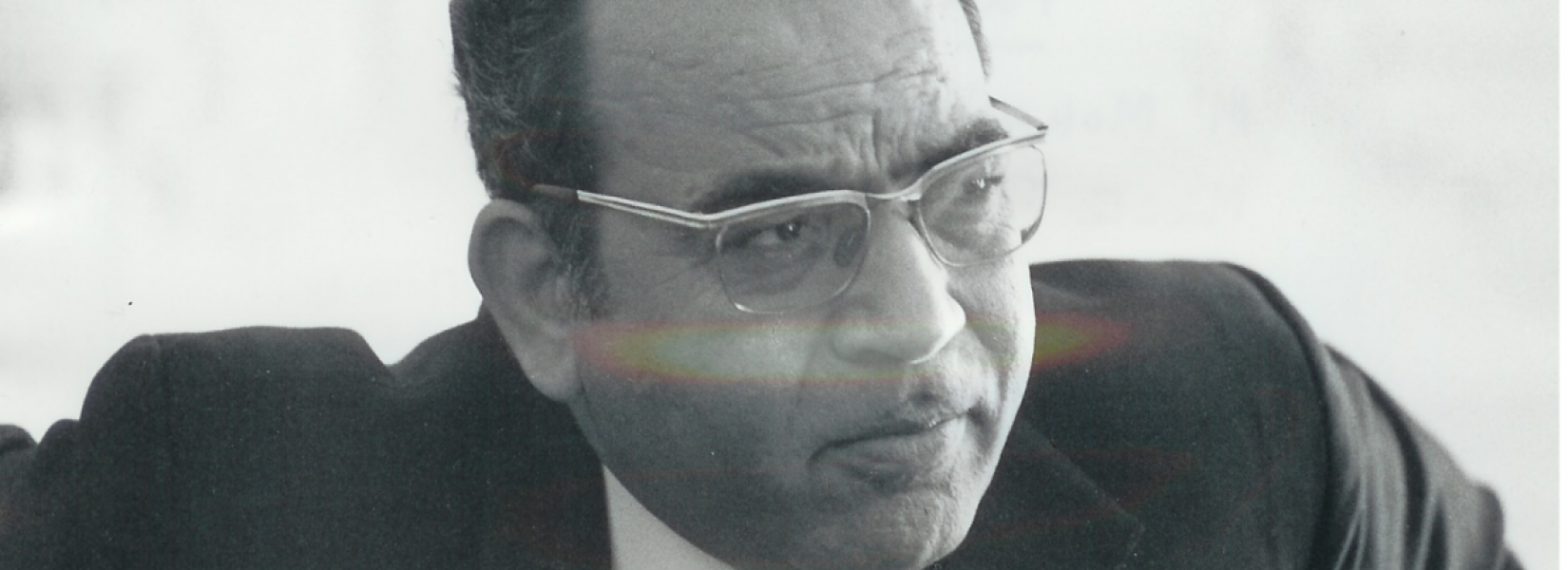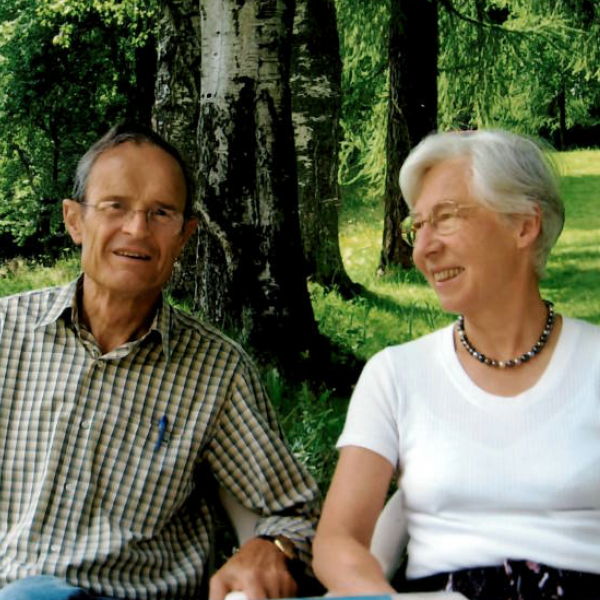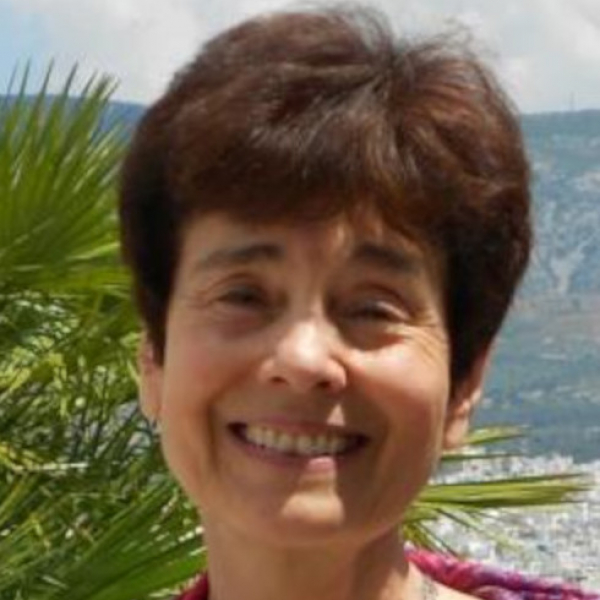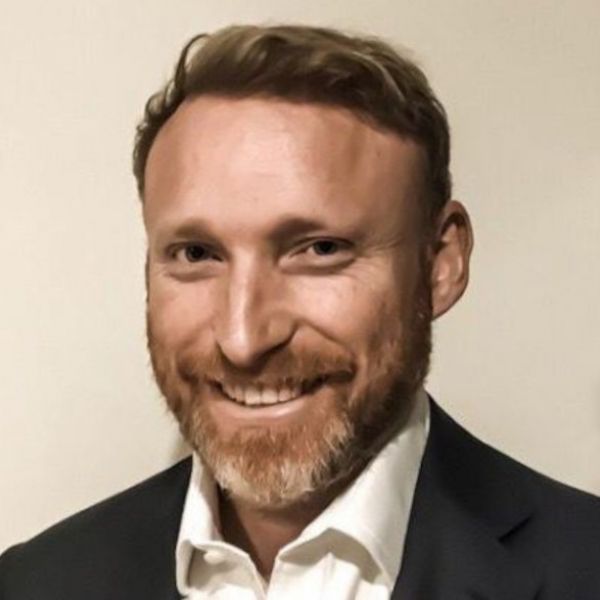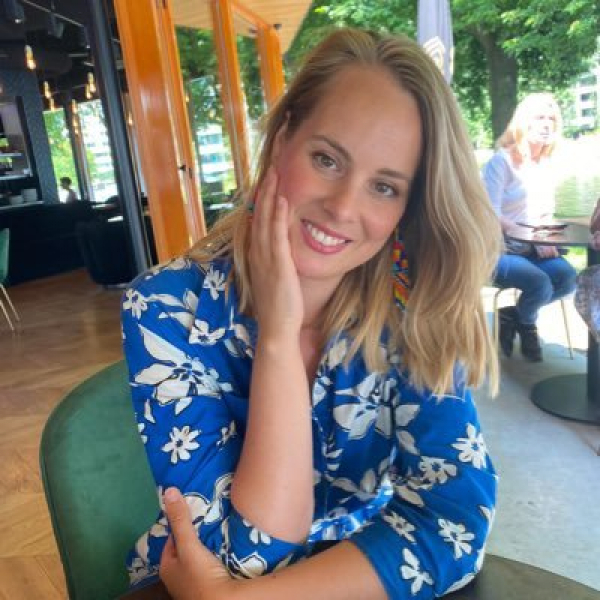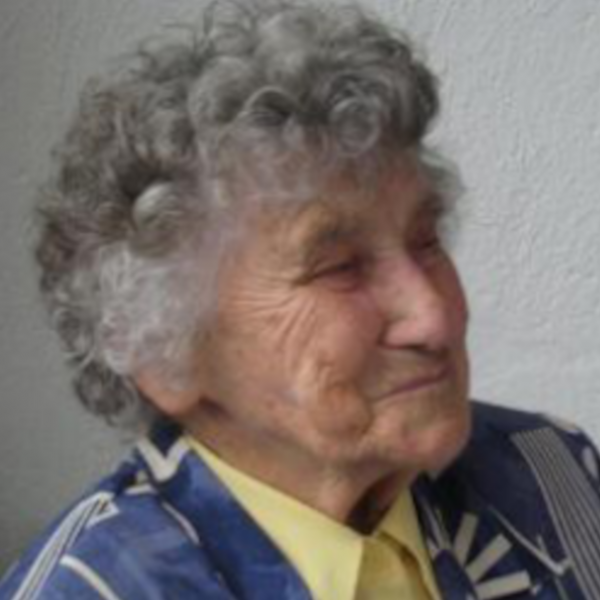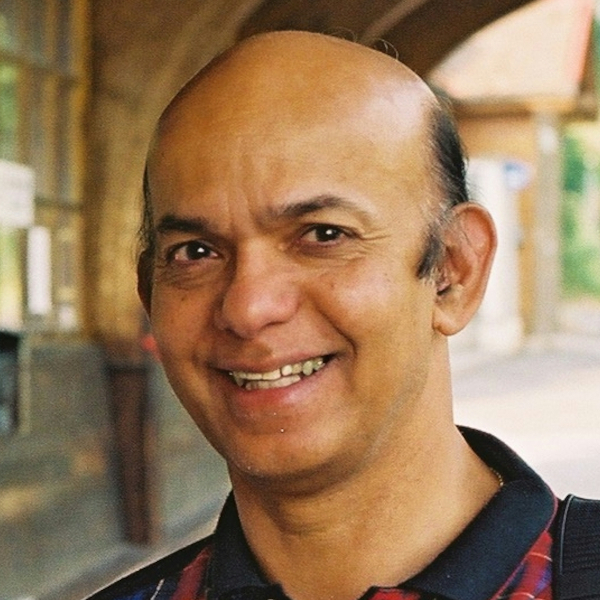
1953 – Mohamed Masmoudi: 'Stop cursing the French!'
By Andrew Stallybrass
23/03/2021
In the 1950s the ‘winds of change’ were blowing through the African continent. Many countries were experiencing unrest, with militant nationalist movements, including France’s North African territories, Algeria, Morocco and Tunisia. At the start of the decade, 10 countries in Africa were independent. At the decade’s close, in 1960, 26 were.
In 1953, Mohamed Masmoudi, a young Tunisian nationalist, came to Caux. He was not yet 30 years old. He was then the senior representative in France of the Néo-Destour nationalist movement, and was living a semi-clandestine existence. In order to come to Caux he was more or less smuggled across the border into Switzerland.
Masmoudi had good reason to hate France and the French. He’d spent time in prison, and while in Caux, he heard that his brother had been arrested. But at Caux, he met French ‘who were different’ – and had ‘honest conversations’ with them.
Pray for blessings on me, but stop cursing the French.
On his third day, inspired by what he heard of the reconciliations between French and Germans in Caux, Masmoudi spoke to the conference. He said, ‘I was suspicious, untrusting, and very prickly…. My mother told me in a letter that she was praying that God would bless me and curse the French (some French policemen had threatened her that they planned to kill me). I told her, “Pray for blessings on me, but stop cursing the French.” In my opinion, this is the start of change.’ (see the extract of the hand-typed manuscript of his speech below).
At Caux, he lost his hatred of the French. He went back to Paris and, at the Moral Rearmament (now known as Initiatives of Change) centre there, over a meal, he met Jean Basdevant, then responsible for Tunisian affairs at the French foreign ministry. They developed a relationship of trust. Basdevant and Masmoudi became key members of the delegations who negotiated independence, which Tunisia achieved in 1956.
Whenever deadlock threatened, the two of them would retire to the garden of the ministry for a private talk. A French historian of the period talked about ‘a contract of trust’ between them. One commentator suggested that the two men had a harder time with their own delegations than they had with each other. Masmoudi became the first Tunisian ambassador to France after independence.
Whenever deadlock threatened, the two of them would retire to the garden of the ministry for a private talk.
In 1956, while leading the first post-independence Tunisian delegation to the United Nations in New York, President Bourguiba declared, ‘The world must be told what Moral Re-Armament has done for our country.’
The French statesman Robert Schuman wrote to Frank Buchman, ‘There can be no doubt that the history of Tunisia and Morocco would have been different if it had not been for Moral Re-Armament.’
As for Masmoudi, he maintained, ‘Without Moral Re-Armament, we would be involved today in Tunisia in a war to the death against France... Tunisia would now be a second Indo-China.’
During these years, Caux welcomed delegations from many other African countries moving towards independence from the Western, colonial powers, including Ghana and Nigeria, Kenya and Cameroun.
_____________________________________________________________________________
This story is part of our series 75 Years of Stories about individuals who found new direction and inspiration through Caux, one for each year from 1946 to 2021. If you know a story appropriate for this series, please do pass on your ideas by email to John Bond or Yara Zhgeib. If you would like to know more about the early years of Initiatives of Change and the conference centre in Caux please click here and visit the platform For A New World.
- Photo of hand-typed manuscript: Mohamed Masmoudi and his story from Tunisia, by Andrew Stallybrass
- Photos: Initiatives of Change
